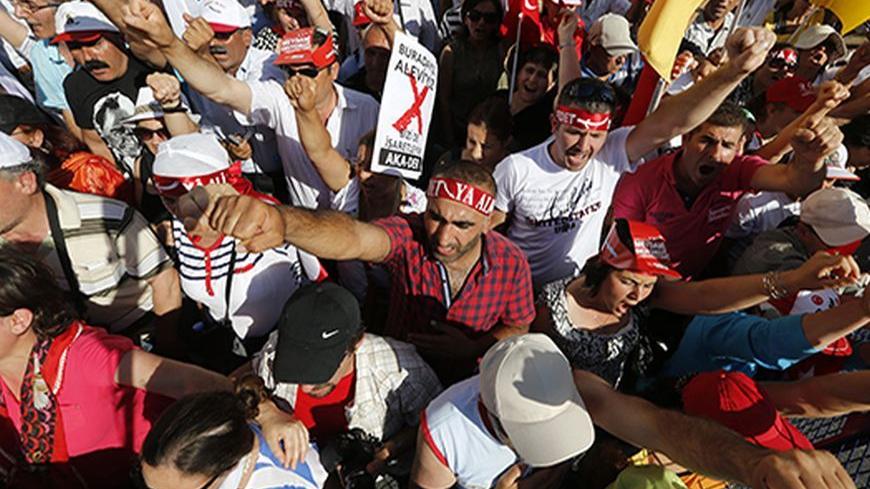Prime Minister Recep Tayyip Erdogan’s gift for the 90th birthday of the Republic of Turkey — proclaimed on Oct. 29, 1923 — was an Ottoman dream come true. The Marmaray railway linking Istanbul’s two shores, the dream of Sultan Abdulmecit 153 years ago, was inaugurated in a ceremony attended by Japanese Prime Minister Shinzo Abe, Romanian Prime Minister Traian Basescu, Somali President Hassan Sheikh Mohamud and nine ministers from eight countries. Europe and Asia are now connected via an undersea tunnel, but the pieces of Turkish society, fractured by a singularist official ideology, are yet to be united after nine decades.
Many groups — Kurds, whose identity was denied until recently; assimilated ethnic minorities; troubled Christians; Alevis and Jafaris ostracized on sectarian grounds; women who have paid dearly for wearing the veil and people barred from public service on ideological grounds — are all eager to see the republic mature in a way that would embrace them all.



